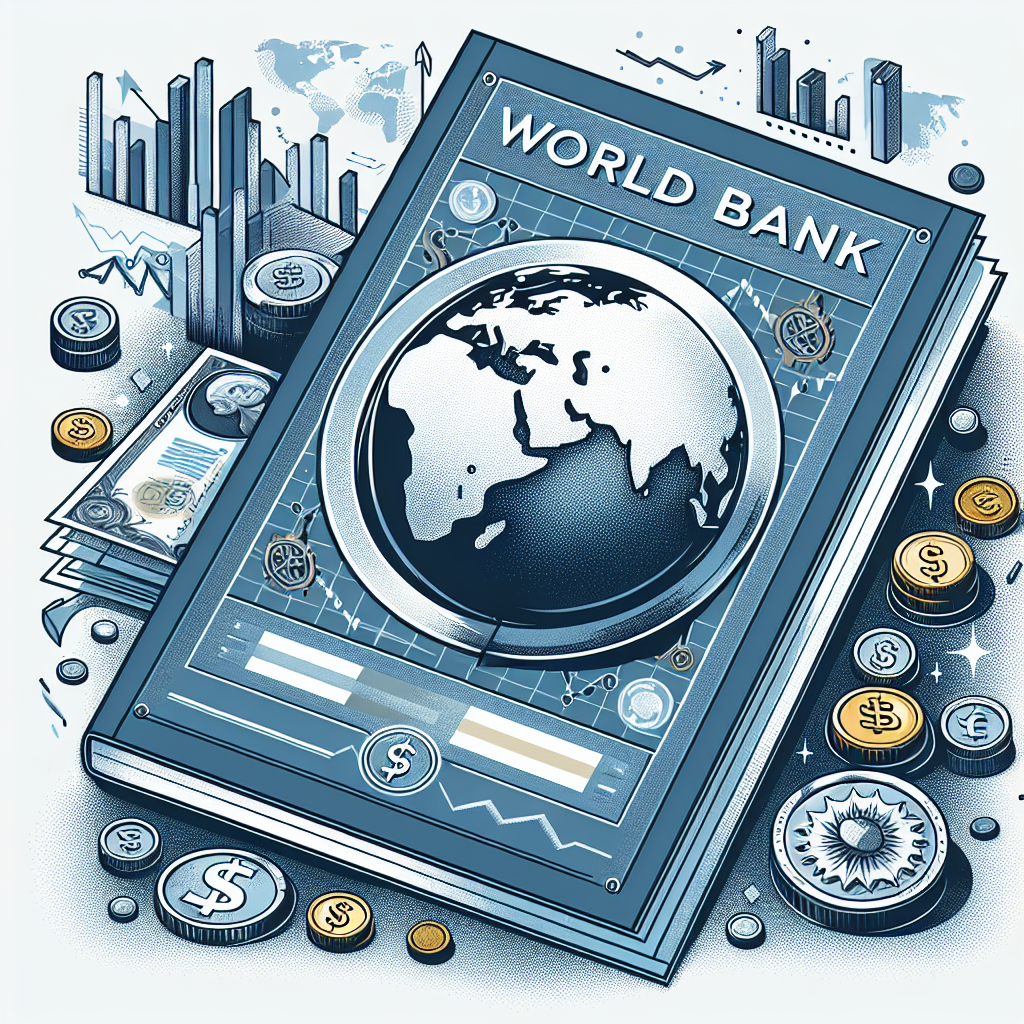Tunisia's Economic Growth Remains Slow in 2024 Despite Promising Indicators, Reports World Bank
World Bank’s Commitment to Tunisia’s Economic DevelopmentThe World Bank remains optimistic about Tunisia's resilience despite the persistent challenges.

- Country:
- Bahamas the
Tunisia’s economy showed modest growth of 0.6% in the first half of 2024, reflecting a limited recovery from 2023 levels, according to the latest World Bank Economic Monitor report. The report, titled "Equity and Efficiency of Tunisia's Tax System," provides an in-depth analysis of the economic challenges and opportunities facing the North African nation.
Despite modest economic progress, Tunisia has seen positive developments in certain areas. The external balance has improved significantly, and inflation rates have decreased. In September 2024, inflation dropped to 6.7%, the lowest since January 2022, although food prices remain high with a 9.2% inflation rate. However, several key sectors such as oil and gas, garments, and construction are still underperforming, slowing down the country's economic recovery.
Forecast and Long-term Growth Challenges
The World Bank report forecasts an annual growth rate of 1.2% for Tunisia in 2024. This gradual increase in growth occurs against the backdrop of a decade-long economic stagnation, marked by low investment and savings rates. The report emphasizes the urgent need to enhance investment levels and encourage competition within the economy. Expanding investment in high-growth potential sectors, particularly renewable energy, is identified as a strategic priority to strengthen Tunisia's economic resilience.
Renewable Energy as a Bright Spot
One promising area for Tunisia is renewable energy, where the government is implementing ambitious projects to diversify its energy sources and reduce dependence on costly gas imports. Notably, Tunisia is progressing on plans to add 500 megawatts of solar capacity across Kairouan, Sidi Bouzid, and Tozeur, aiming to bring renewable energy's share to 17% of the electricity mix by 2026. In addition to reducing carbon emissions, this expansion is projected to save Tunisia approximately one million tons of oil equivalent in gas imports, which accounted for nearly 30% of the country's total gas imports in 2023. An additional 1,700 megawatts of renewable capacity is set to be awarded by 2026, reflecting Tunisia’s long-term commitment to a more sustainable and energy-independent future.
Improving Trade Balance and Current Account Deficit
Tunisia has also made headway in managing its trade and current account deficits. Improvements in terms of trade, including lower energy import prices, rising olive oil exports, and a recovery in tourism, contributed to a narrower trade deficit in the first nine months of 2024. The deficit was reduced by 3.4% compared to the same period in 2023, now representing 7.8% of GDP, down from 8.8%. The improved current account position offers some stability, yet ongoing inflation pressures, especially in food prices, present challenges for households.
Rising Domestic Debt and Banking Sector Risks
In the face of limited foreign financing options, Tunisia has increasingly turned to domestic financing, raising concerns about potential risks to currency and price stability. By August 2024, domestic debt had grown to 51.7% of total public debt, up from 29.7% in 2019. With banks focusing a significant share of their funds on government needs, credit available to the private sector is consequently constrained, which could impact private investment and economic diversification.
Urgent Need for Tax Reform
The second section of the World Bank report delves into Tunisia’s tax system, suggesting that a more equitable tax structure could promote greater economic efficiency and inclusiveness. Currently, labor bears a heavy tax burden, including high social security contributions that even low-income workers must pay. This tax structure could be inadvertently encouraging informality, discouraging job creation, and suppressing wages.
The World Bank recommends shifting some of the tax burden from labour to capital, which could help address these issues. Recent reforms, including the introduction of a property tax and increased fuel taxes in 2023, represent positive steps towards rebalancing Tunisia's tax structure. The report suggests that additional reforms, such as strengthening the carbon tax mechanism, could help Tunisia achieve a more balanced and sustainable fiscal environment. Enhanced transparency in tax administration is also recommended to promote fairness and accountability within the system.
World Bank’s Commitment to Tunisia’s Economic Development
The World Bank remains optimistic about Tunisia's resilience despite the persistent challenges. Alexandre Arrobbio, the World Bank's Country Manager for Tunisia, emphasized the Bank's commitment to supporting Tunisia’s economic transition. "Despite persistent challenges, Tunisia’s economy continues to demonstrate resilience, and new opportunities are emerging. The World Bank remains committed to supporting Tunisia in addressing the challenges underscored in the report, especially to support growth and private sector development," Arrobbio noted.
Tunisia’s economic outlook, while currently restrained, offers avenues for improvement through strategic investments and thoughtful reforms. Prioritizing growth in renewable energy and implementing a more balanced tax system could help the country achieve more sustainable and inclusive growth, setting a stronger foundation for future economic prosperity.
- READ MORE ON:
- World Bank
- Tunisia
- World Bank Economic Monitor
- Tax System
ALSO READ
Tajikistan’s Green Transition: World Bank’s Report Highlights Pathways for Economic Renewal and Resilience Against Climate Risks
World Bank's New Framework for Climate Equity: Balancing Welfare and Climate Action
World Bank Launches $750M SURGE Program to Strengthen Ukraine’s Fiscal Governance and Aid Reconstruction Efforts
World Bank Approves $1.6 Billion Initiative to Transform Brazil’s Agrifood System
World Bank Report: Lao PDR Shows Economic Growth in 2024, but Debt Challenges and Inflation Threaten Stability










